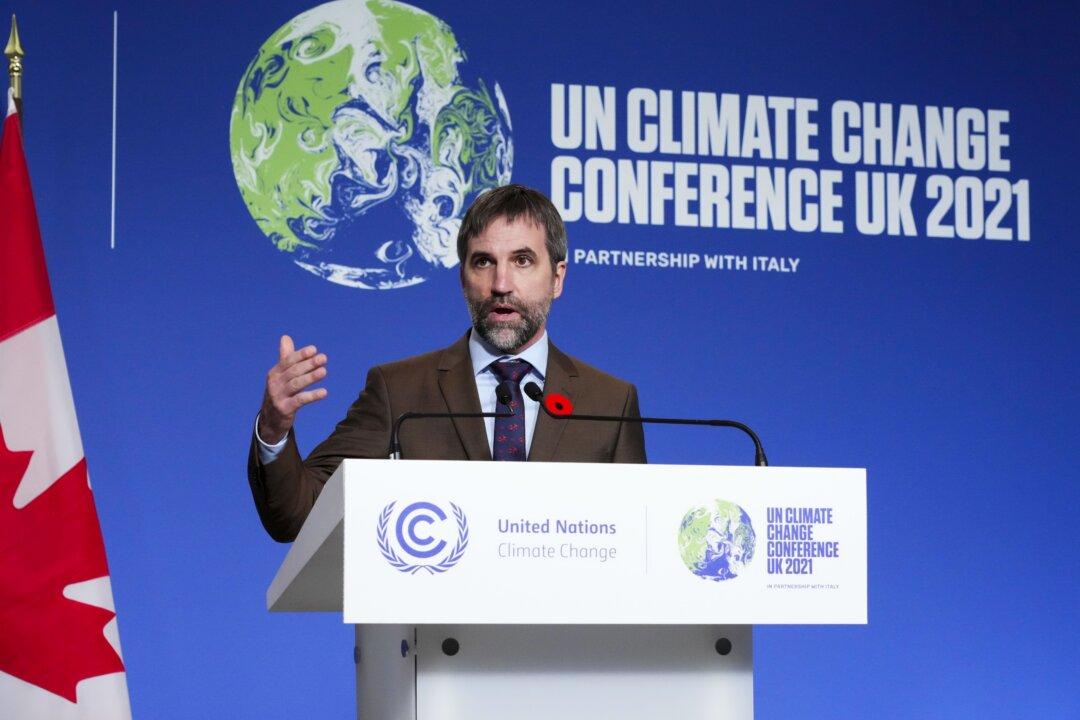Commentary
Minister of Environment and Climate Change Steven Guilbeault has returned from the COP26 summit full of enthusiasm and big plans. As a former Greenpeace activist, Guilbeault surely enjoyed his week in Glasgow rubbing shoulders with the world’s top environmental virtue signallers. Feeling invigorated, he is doubtless eager to act soon in cracking down on the petrochemical industry that he has so long abhorred.





